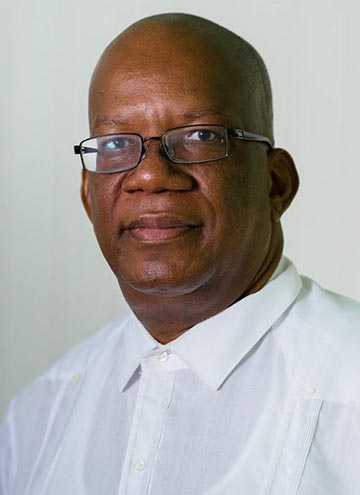This year members of the Public Service will not be paying income tax on their retroactive wage increases which were recently announced by the Ministry of Finance.
According to an Extra-ordinary Gazette dated November 23rd, the Minister of Finance, Winston Jordan, has approved a waiver of taxes on the retroactive percentage increases in salaries for public servants for the period January 1st to December 31st, 2018. The waiver comes via the issuance of regulations under the Income Tax Act.
For the fourth consecutive year, government has imposed a wage increase on the public service, a move which has outraged the trade union community.
The announced increases range from 0 .5% for the highest scale, that is $1 million and above, to 7% on the lowest scale, that is up to $100,000. A 6.5% increase for salaries ranging from $100,000 to $299,999; 5% increase for $300,000 to $499,999; 3% for $500,000 to $699,999; 2% for $700,999 to $799,999, and 1% is for $800,000 to $999,999 have also been announcement.
On Wednesday, the Guyana Public Service Union (GPSU), which represents workers in the sector, condemned and rejected government’s actions referring to the unilateral increase as an imposition.
“The union strongly condemns the increase and the imposition,” first vice president Dawn Gardener had said. Gardener explained that the union was informed of the increase by way of the media and held an emergency meeting of the union’s executive members to respond to the information.
“We had no official communication on this matter with the government,” she stressed, while calling on union members to reject government’s seeming refusal to engage in formal negotiations as prescribed by the collective bargaining agreement which governs its relationship with the union.
President of the GPSU Patrick Yarde one week earlier had said that the union is in a “peculiar” situation, and is dissatisfied with what he says is government’s practice of frustrating negotiations near the end of the year.
He explained that though they were given assurances that the practice would be remedied, it remains the same.










